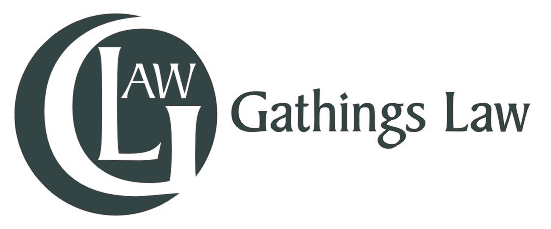You would think that if you hire a brokerage firm or broker-dealer to advise you on investments and investment strategies, they would always act in your best interest as the Investor hiring them. However, that is not always the case. Sometimes, brokerage firms and broker-dealers advise Investors on various decisions that do not align with the Investors’ goals or are not in their best interest. The SEC and FINRA have been cracking down on this type of self-serving behavior, which often results in losses for Investors, to ensure that brokerage firms and broker-dealers act in the Investors’ best interest.
In 2019, the SEC adopted the Regulation Best Interest Rule Package (“Reg BI”). This adoption demonstrates both FINRA’s and the SEC’s focus on policing brokerage firms and broker-dealers, and ensuring they act in retail customers’ best interests when recommending securities or investment strategies. Under Reg BI, brokerage firms and broker-dealers may not put their own interests ahead of the retail customer’s interests. Essentially, in a Reg BI claim, attorneys look for the same information they would when looking into a suitability claim, however, Reg BI is an elevated misconduct standard to suitability.
Persons subject to Reg BI, such as broker-dealers and other associated persons, have four primary obligations to their retail customer clients: (1) the obligation of disclosure; (2) the obligation of care; (3) the obligation to inform about conflicts of interest; and, (4) the obligation of compliance.
The obligation of disclosure requires that brokerage firms and broker-dealers make a full and fair disclosure, in writing, of the “material facts relating to the scope and terms of the relationship with the retail customer,” and “all material facts relating to conflicts of interest that are associated with the recommendation,” before or at the time of the recommendation. 17 C.F.R. § 240.15l-1(a)(2)(i).
The obligation of care requires that brokerage firms and broker-dealers to use “reasonable diligence, care, and skill” when making the recommendation to retail customers including disclosing and ensuring the retail customer understands the potential risks, rewards, and costs associated with the recommendation while considering the retail customer’s investment profile. This obligation also prohibits brokerage firms and broker-dealers from placing their own interests ahead of the retail customer’s interests. 17 C.F.R. § 240.15l-1(a)(2)(ii).
The obligation of care especially resembles the FINRA Suitability Rule, except that the customer specific prong enhances the FINRA Suitability Rule by replacing the word “suitable” with a best interest standard. Further, the control element of the FINRA Suitability Rule has been removed to prevent such excessive trading that there is virtually no chance for a possible positive return.
The obligation to inform about conflicts of interest requires brokerage firms and broker-dealers to adopt and enforce policies and procedures, in writing, to, at a minimum, fully and fairly disclose all conflicts of interest. If the brokerage firm and/or broker-dealer cannot fully and fairly disclose all conflicts of interest, the conflict must be mitigated enough to make it possible to disclose fully and fairly. 17 C.F.R. § 240.15l-1(a)(2)(iii).
The last obligation, the obligation of compliance, requires brokerage firms and broker-dealers to adopt and enforce policies and procedures that are reasonably designed to be compliant with the Reg BI Rule in its entirety. 17 C.F.R. § 240.15l-1(a)(2)(iv).
Previously, Reg BI-related regulatory exams focused on brokerage firms’ efforts in implementing the new Reg BI. However, starting this year, the SEC will begin focusing on whether brokerage firms are complying with Reg BI. FINRA similarly will also begin shifting its focus as well.
